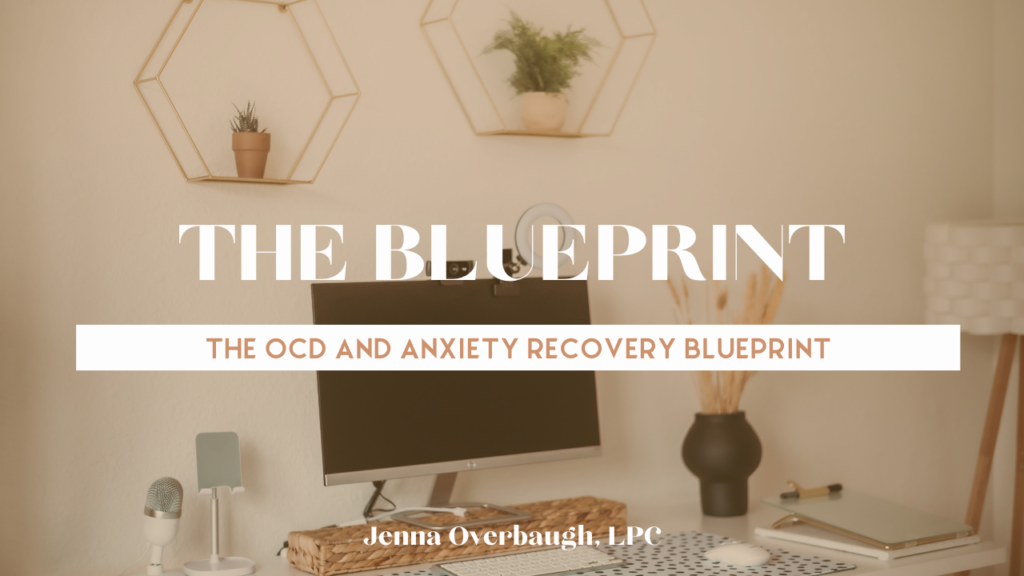Understanding Pain vs. Suffering in Intrusive Thoughts and Anxiety: A Buddhist Perspective
April 23, 2024
Do you find yourself caught in the relentless grip of intrusive thoughts and anxiety? Are you searching for relief amidst the overwhelming waves of intrusive thoughts and compulsions? Understanding the difference between pain and suffering, especially regarding intrusive thoughts and anxiety, can profoundly shift perspective and aid healing.
Pain vs. Suffering: Unraveling the Knot
In the realm of Buddhist philosophy, the concept of pain and suffering holds significant weight. Pain, in its essence, is inevitable. It’s the raw experience of discomfort, be it physical or emotional. In the context of intrusive thoughts and anxiety, pain manifests as the intrusive thoughts, the gripping fear, and the relentless urge to engage in compulsive behaviors.
However, suffering arises not from pain itself but from our resistance to it. Suffering encompasses the narratives we weave around our pain. The relentless efforts to avoid or control it, and the identification with our struggles. It’s the cycle of rumination, avoidance, and struggle that amplifies our distress, trapping us in a perpetual state of anguish.
Buddhism’s Four Noble Truths and Intrusive Thoughts/Anxiety
Buddhism’s Four Noble Truths offer profound insights into the nature of suffering and its cessation. Firstly, Acknowledging the reality of pain (the first noble truth) is the initial step towards liberation. It’s crucial to recognize the existence of intrusive thoughts and the discomfort they bring. This recognition should occur without judgment or resistance.
The second noble truth delves into the origins of suffering, pointing towards craving and attachment as the root causes. In the context of intrusive thoughts and anxiety, it’s our attachment to certainty, control, and the avoidance of discomfort that fuels our suffering.
Lastly, the third noble truth illuminates the possibility of cessation, of finding freedom from the shackles of suffering. It invites us to explore alternative ways of relating to our pain. By embracing acceptance and cultivating a willingness to experience discomfort without the need for immediate relief.
Embracing Acceptance and Commitment Therapy (ACT)
Acceptance and Commitment Therapy (ACT) offers a practical framework for navigating the complexities of intrusive thoughts and anxiety. Rooted in mindfulness and acceptance, ACT encourages individuals to embrace their internal experiences fully, without judgment or resistance.
Explore the Path to Recovery
Ready to embark on your journey towards freedom from intrusive thoughts and anxiety? The OCD and Anxiety Recovery Blueprint, offers a comprehensive roadmap for reclaiming your life from intrusive thoughts and anxiety. Through evidence-based strategies, you’ll harness the power of acceptance, commitment, and mindfulness.
Conclusion: Liberation Awaits
In the labyrinth of intrusive thoughts and anxiety, the path to liberation begins with a shift in perspective.
Explore the resources available and take the first step towards reclaiming your life. By discerning the difference between pain and suffering and embracing the principles of acceptance and commitment, you can chart a course towards profound transformation and inner peace. Explore the resources available and take the first step towards reclaiming your life from the shadows of intrusive thoughts and anxiety.
Unlock the door to freedom today with The OCD and Anxiety Recovery Blueprint.
Resources for Your OCD and Anxiety Recovery
To learn more about OCD and anxiety recovery strategies and resources, visit my website at www.jennaoverbaughlpc.com. Here you can find additional support and guidance.
Want more content like this?
Episode #156 – Have OCD or Anxiety? Share This Episode with Your Loved Ones
Episode #163 – The Hidden Challenges: Why OCD and Anxiety Need More Than Talk Therapy

DISCLAIMER: Please keep in mind that Jenna is not your therapist. She does not provide you with individualized recommendations or advice. The information provided is intended as educational information only. Jenna cannot tell you what you should do, what you shouldn’t do, or give recommendations based on your unique situations or circumstances. Nothing on this page or Site should be construed as therapeutic recommendation or personalized advice. If you are in need of such services, please consult with a physician or other medical provider right away to determine the best course of action for you. We are not responsible for your use of this page, this website, or the contents within. NEVER DISREGARD PROFESSIONAL MEDICAL ADVICE OR DELAY SEEKING MEDICAL TREATMENT BECAUSE OF SOMETHING YOU READ OR ACCESSED THROUGH THIS WEBSITE AND CONTENT. For more information, please read the Terms and Conditions, Privacy Policy, and Disclaimer. Your continued use of this platform, this page, and the contents within constitutes as your agreement with this agreement.
© 2024 Jenna Overbaugh, LLC, All Rights Reserved
most popular episodes
Love my podcast?
Episode 112: Postpartum OCD and False Memory OCD
Imagine how in depth I can go in an online course. Instantly downloadable and game-changing. Take the next step towards an amazing life.